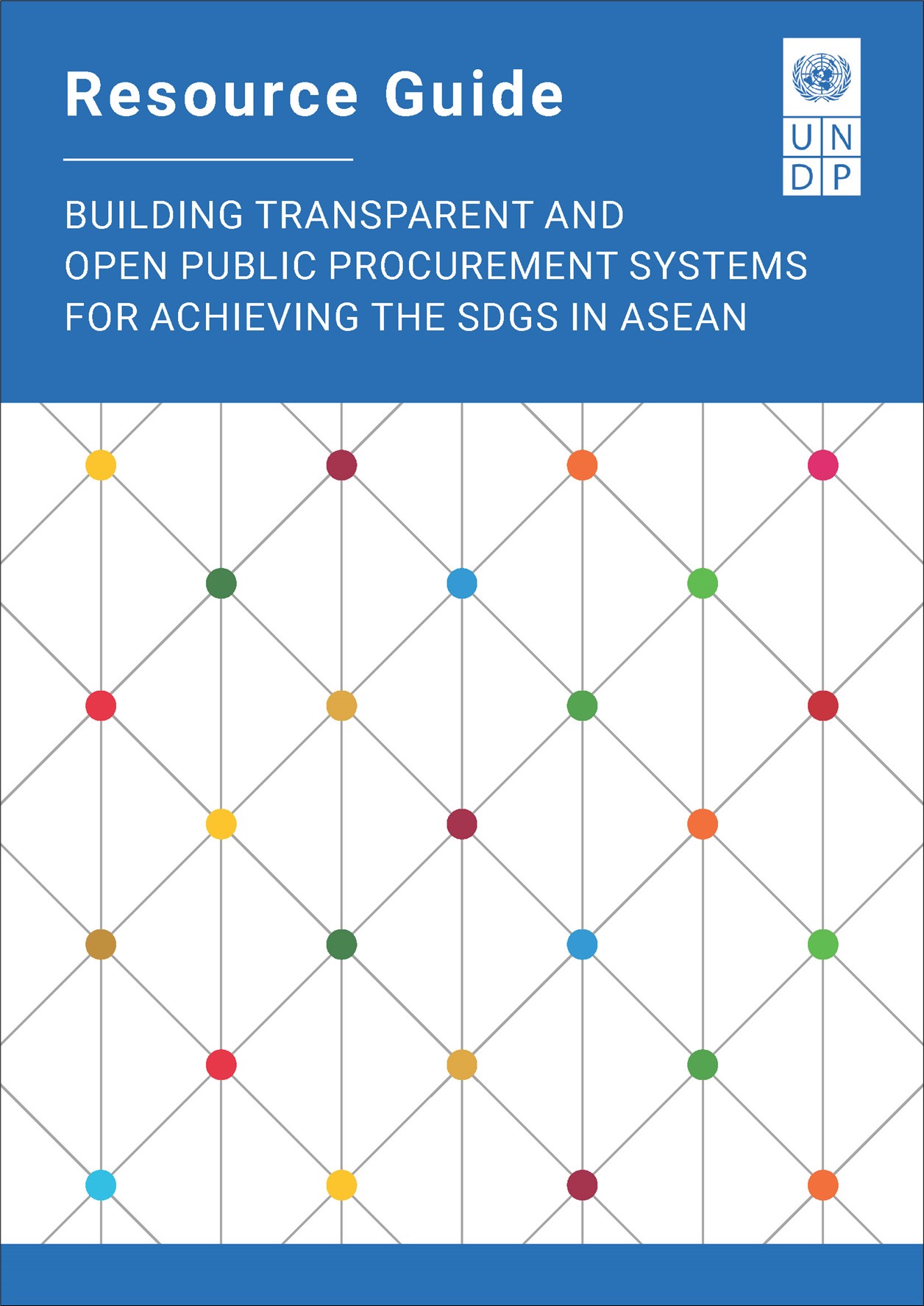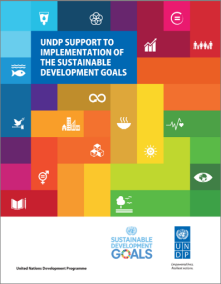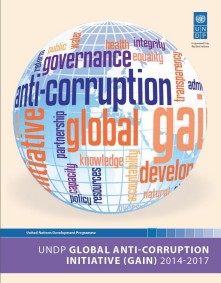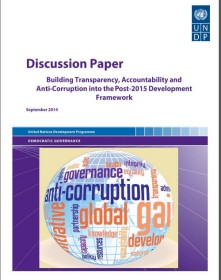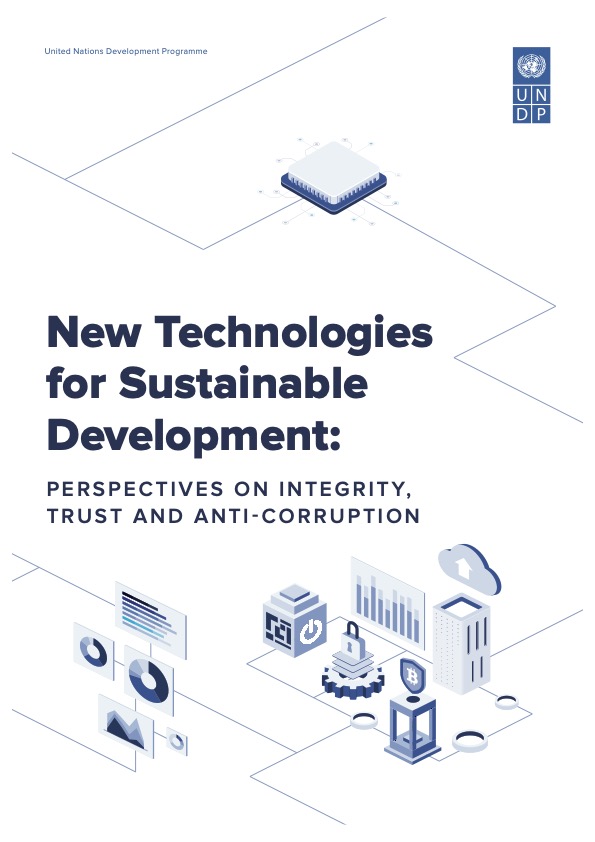
View the publication here
The 2030 Agenda for Sustainable Development has brought immense opportunities to leverage digitalisation and technological innovation to meet many development challenges. In the area of anti-corruption, technology has become one of the greatest allies for preventing and tackling corruption, not only through detecting, analysing and monitoring corruption but also through promoting effective, accountable and inclusive institutions. However, given that the development of new technologies and digital solutions adds a new dimension of vulnerability, there is a need to address the risks of misuse and abuse of technology, including corrupt and fraudulent activities that could be facilitated by technology. Moreover, there is a need to address the digital divide among and within countries, as well as ethical and human rights issues, to ensure the responsible use of technologies and data.
This study therefore explores the opportunities and risks of new technologies – artificial intelligence, blockchain technology, big data analytics, robotic process automation, the Internet of Things, and cloud computing – for sustainable development, from the perspectives of integrity, trust and anti-corruption. It also examines the current regulatory mechanisms surrounding the use of these technologies around the world, and offers recommendations for governments, civil society, the private sector and the international community to develop effective digital governance strategies that maximise the benefits of technology for sustainable development.

